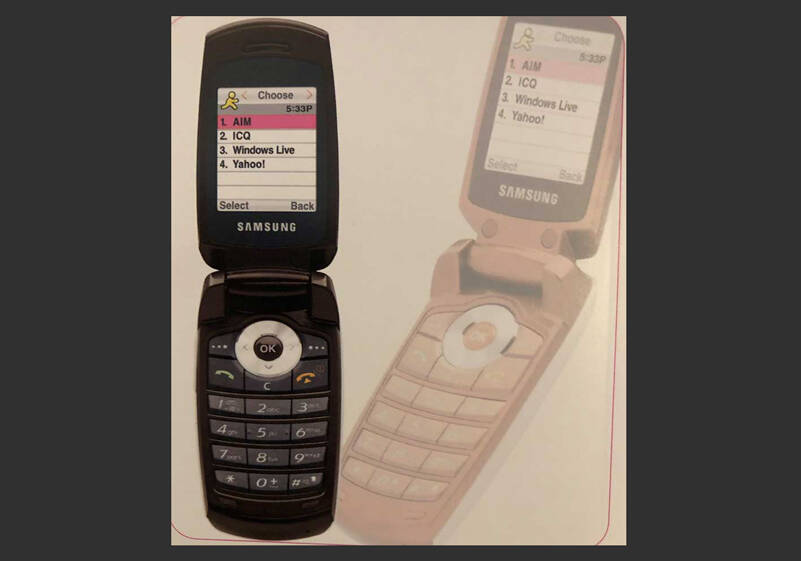By Morf Morford, Tacoma Daily Index
Social media has changed not only how we communicate, but where our postings go – and who sees them.
One principle is that the internet is forever. And that is often true. But it can also not be true. Thanks to hackers, glitches and malware, crucial records can just as easily disappear. Forever.
In other words, some postings will linger far longer than we might want, while others, even vital records, just might evaporate almost immediately.
Some kind of principle of opposites seems to be at work in the digital world; the most shrill rantings seem to be preserved while the most crucial, valuable and sometime necessary online documents seem most vulnerable – if not evanescent.
One paper I worked for had hundreds of my most used photographs on file. For whatever reason, two times they were the targets of hackers and deleted or taken. Were those photographs worth anything on the open market? Presumably not. But they were apparently part of some kind of hacker sweep of data, valuable or not.
Another employer, one where I had worked for six years, had all documentation of my employment erased from their files. They also had years of invoices and records taken or deleted.
Law enforcement contacts tell me that from about 1980 onward, criminal and legal records have been computerized and are available through online searches. Legal records before that date were (and presumably still are) on paper or have crumbled into dust.
Eternal words
Several religious traditions hold that every word we speak is somehow recorded in some kind of eternal record. Some believe in the concept of Akashic records. This is the belief that all of the thoughts, events, knowledge, and ideas that mankind has had since the beginning of space and time are still, for some, accessible and available. In other words, no story is fully forgotten. Nothing is lost. Kind of like the promise – and threat – of the online world.
Google is watching
For better or worse, every Google or other online search is recorded, and can be subpoenaed by the federal government and used in any way the government/law enforcement consider appropriate.
And any records can also be inadvertently released to the public, for all the world to see. Credit reports and customer records are routinely leaked and that data is rapidly spread throughout the internet.
Resist those cookies
Internet cookies are useful – they save your preferences and allow features like auto-fill on applications or surveys. But they only work by following every online venture from Youtube videos to online shopping to a surreptitious job search.
IP address
You probably know this, but every device (including phones and printers) has their own IP address. That means that any device can be traced – and if the violation is serious enough – tracked down within minutes.
I heard of one student a few years ago who posted some kind of threat regarding the then-president from a school computer lab. Law enforcement arrived, at his library computer, before his next class.
Online searches at home
Your at-home service provider knows your IP address, which means that it can track all the web sites you visit. That’s bad enough for your immediate and personal privacy, but if you also use its search engine, it will be able to correlate your IP address to your search history and build a comprehensive profile about you – and your searches. That profile may be available to anyone with a subpoena. Or a capable hacker.
Search yourself
Have you ever searched for yourself online to see what’s out there on the Web about you? Every time you use personal information in a search, such as your name, address and so on, you make it easy for a search engine to know who you are and, with that added information, then correlates previous searches with your name. But even worse, it can lead to identity theft if you search for (or use) information such as your Social Security number and someone else gains access to your search records. In short, do your best to avoid including personal information about yourself in your searches.
Escaping the Web
Some of us – even a few young people – are bailing on the whole possibility of online monitoring by going back to flip-phones – and even the whole idea of using a phone as just a phone. And, even more extreme, putting aside the screen and having face-to-face contact and IRL (In Real Life) experiences. Anyone even remember having friends and encounters with “real life” like hiking or encountering nature directly without a screen or video?
Maybe there’s hope for humanity after all…





